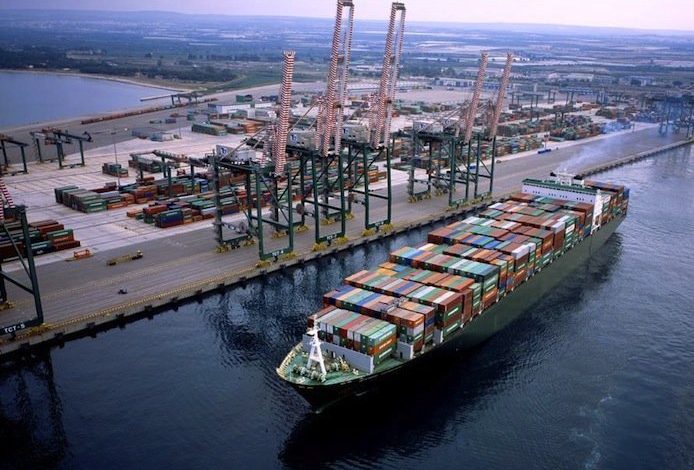UN warns on risks of container consolidation

Data from the United Nations Conference on Trade and Development (UNCTAD) shows seaborne trade expanded by a healthy 4% in 2017, the fastest growth in five years, while UNCTAD is forecasting similar growth this year, according to its Review of Maritime Transport 2018. The report contains some warnings over possible monoploistic activities by liner companies.
Volumes across all shipping segments are set to grow in 2018, with containerized and dry bulk commodities expected to record the fastest growth at the expense of tanker volumes.
“While the prospects for seaborne trade are positive, these are threatened by the outbreak of trade wars and increased inward-looking policies,” UNCTAD secretary-general Mukhisa Kituyi said. “Escalating protectionism and tit-for-tat tariff battles will potentially disrupt the global trading system which underpins demand for maritime transport.”
The warning comes against a background of an improved balance between demand and supply that has lifted shipping rates to boost earnings and profits. Freight-rate levels improved significantly in 2017 (except in the tanker market), supported by stronger global demand, more manageable fleet capacity growth and overall healthier market conditions.
Supply-demand improvements, namely in the container and dry bulk shipping segments, are expected to continue in 2018. Freight rates may benefit accordingly, although supply-side capacity management and deployment remain key. UNCTAD projects an average annual growth rate in total volumes of 3.8% up to 2023.
Liner shipping consolidation, technological advances, and climate change policy are key drivers of change in global shipping, the report says.
By joining forces and forming alliances, UNCTAD warned there is a risk container carriers offer decreased supply and service quality, and higher prices.
“There is a need to assess the implications of mergers and alliances and of vertical integration within the industry, and to address any potential negative effects. This will require the commitment of all relevant parties, notably national competition authorities, container lines, shippers and ports,” Shamika Sirimanne, director of UNCTAD’s division on technology and logistics, said.
